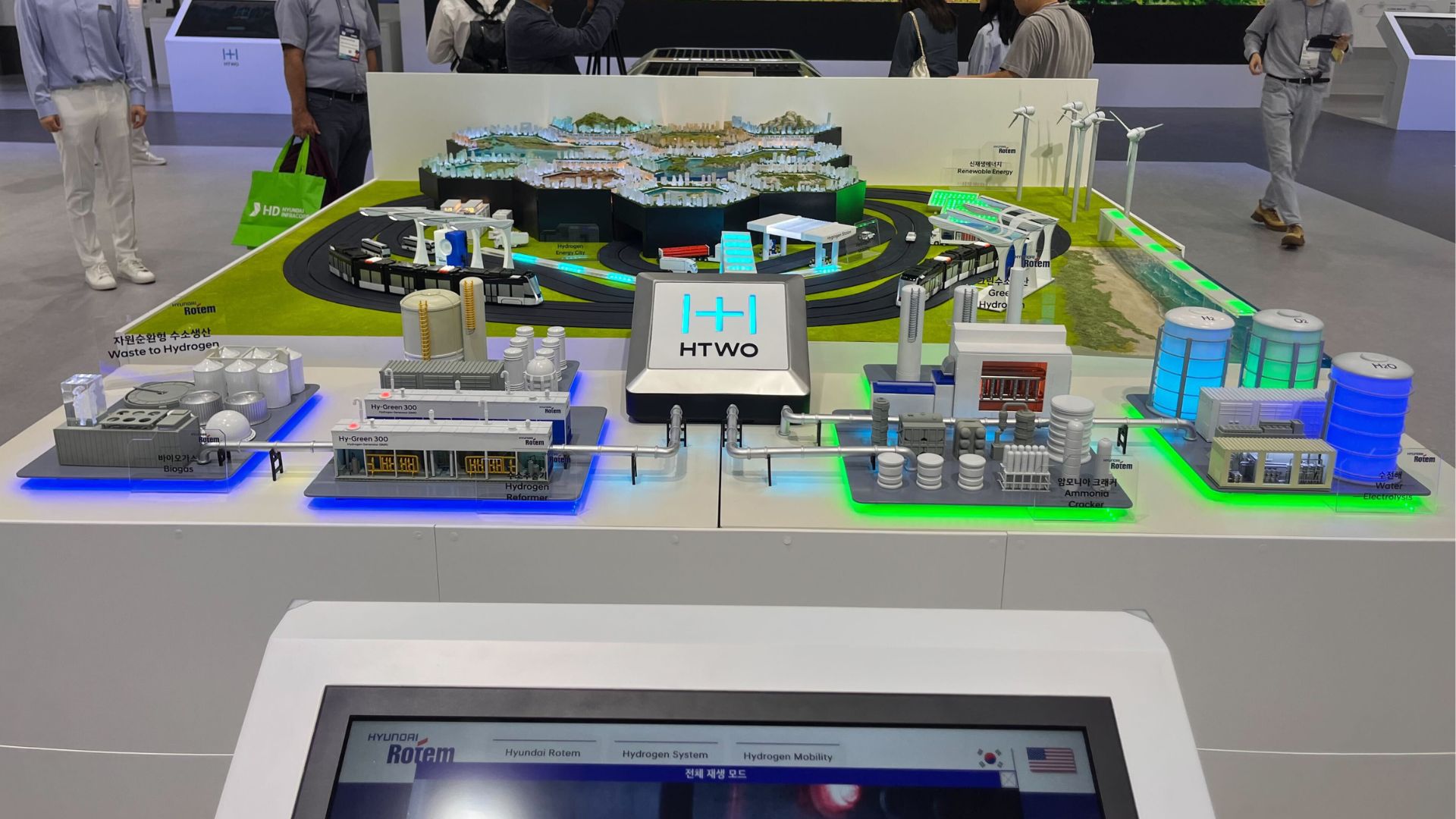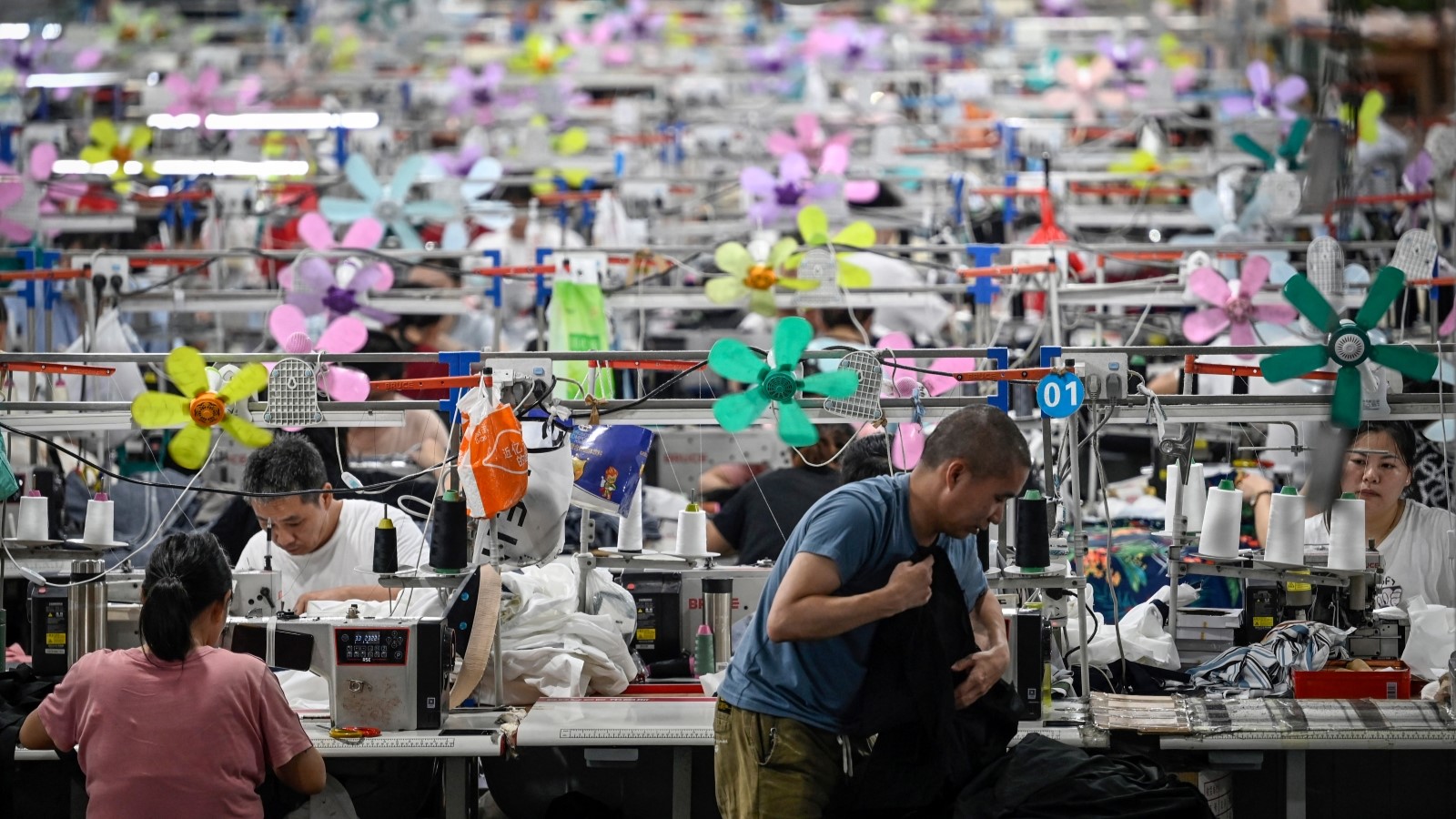Get the latest tech news
From high school science project to $18.3M: AI-accelerated enzymes are coming for fast fashion’s plastic waste
A U.K. startup, originating from founder Jacob Nathan's high school science project on using enzymes to break down plastic waste, has secured an
A U.K. startup, originating from founder Jacob Nathan’s high school science project on using enzymes to break down plastic waste, has secured an oversubscribed $18.3 million in Series A funding. And key to unlocking this mission are developments in generative AI — specifically the rise of powerful large language models (LLMs) — that are helping accelerate the search for biological agents that can be precision targeted at this problem. She joined TC after a stint reviewing smartphones for CNET UK and, prior to that, more than five years covering business technology for silicon.com (now folded into TechRepublic), where she focused on mobile and wireless, telecoms & networking, and IT skills issues.
Or read this on TechCrunch

